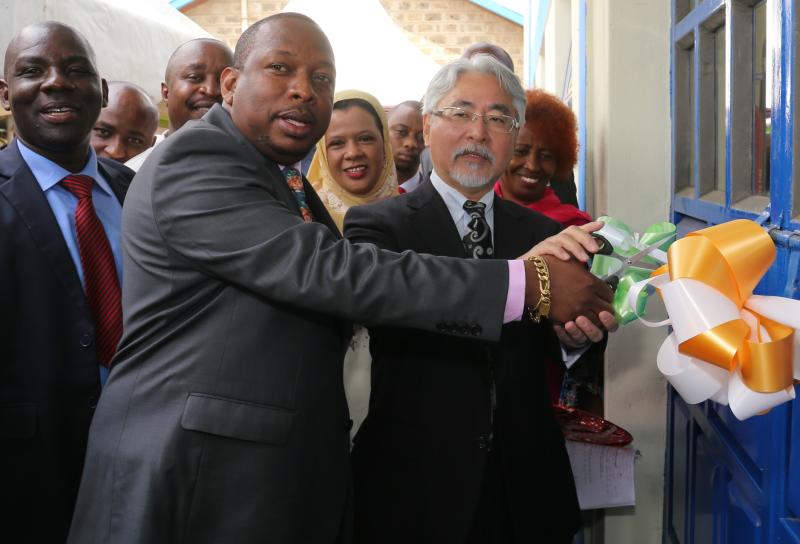
One of the most thrilling moments of my time in Kenya was when I climbed Mount Kenya and looked at the beauty of this country from that great height. Mt Kenya is surrounded by a belt of verdant forest. The soil and leaves in the forests are rich in nutrients. When the rain comes, it washes those nutrients along with other minerals from the rich soil out into the streams which eventually feed into the Indian Ocean. In this way, we find that conservation of forest ecosystems, far away from the sea, is nonetheless essential for the Blue Economy.
Forests and rivers bring us bountiful blessings. Land robed in rich nature brings us rich blue ocean resources. The Japanese government has supported Kenyan people for a long time in strengthening the management of the forestry sector which contributes to the Kenya Vision 2030. The government of Kenya aims to increase forest cover to 10 per cent by that year. Along with protecting forests around Mt Kenya, we also support the Blue Economy: there is a direct link between the rich nature giving nutrients to these rivers flowing down from the mountain, and rich fisheries of the Kenya coast.